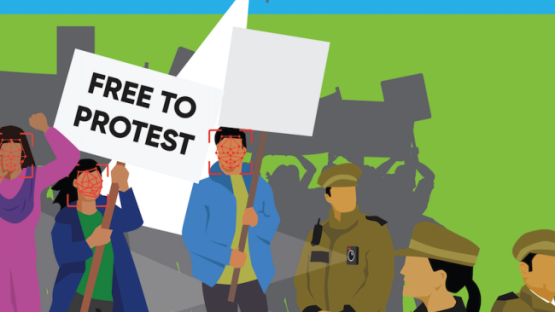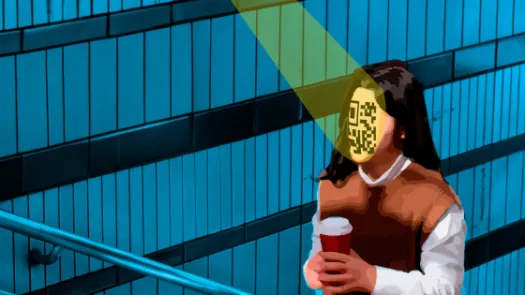
Locating Privacy in the Right to Protest Pakistan
New report mapping the on-ground experiences of local activists in Pakistan. It documents and analyses collective and personal privacy issues faced by civic organisers and protestors.
- Threats faced by protestors, as a result of privacy intrusions, range from defamation, doxxing, legal action, incarceration, calls for incitement to violence to rape and death threats
- Elements such as online misinformation and disinformation have had a disproportionate impact on groups and individuals campaigning for gender-based rights
- While, social media platforms majorly emerged as a positive avenue for furthering the causes that activists have been promoting, a range of self-censorship mechanisms have been employed to protect themselves and their data in both online and offline spaces
- The surveillance methods employed by the government included in-person targeting and monitoring of transgender communities and those based in Gilgit Baltistan

The methodology employed for this report consists primarily of in-depth interviews held with grassroots political workers and representatives of collectives. The researchers interviewed 14 individuals from various social justice causes such as womens’ rights, climate change, transgender rights, students’ rights and the right to universal internet access in Pakistan. The experiences they have shared with the interviewers along with the real-time developments in the country’s law and order situation shed light on the situation as it stands in terms of citizens exercising their right to assemble and protest.


